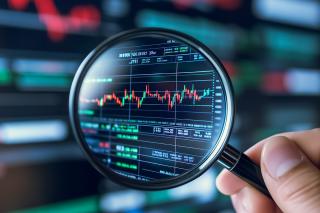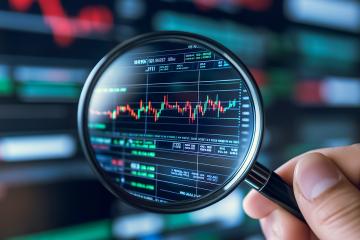Are you fascinated by how our economy works? Are you curious about how we produce and distribute goods and services to meet the demands of today?
A career as an economist may be the right path for you.
Pursue a bachelor’s degree in economics, a field in social science that opens many doors to exciting careers. Employers seek out candidates with expertise in economic analysis, the impacts of economic policies on societies, and economic behavior. With a major in economics, you'll thrive in careers in areas like education, law, medicine, government, and international relations.
An economics degree also is a great stepping stone to post-graduate study. You may continue your education to earn a Master in Business Administration (MBA). This degree is great preparation for careers in the corporate world, in marketing, consulting, and more.
Another option is earning a Master of Accountancy (MAc). This one-year post-graduate degree will help you complete the requirements for a Certified Public Accountant licensure.
What do you study as a BA student in economics?
A student in a bachelor’s (BA) program can expect to explore many topics, including microeconomics, macroeconomics, applied economics, and statistics. You may examine resource use and sustainability within a global context, international trade, and the political economy of US capitalism.
Some areas you may study include:
- Microeconomics: Explores whether market capitalism is the best way to organize the production, distribution, and consumption of goods and services.
- Macroeconomics: Studies how spending, saving, investment, trade, and taxes affect inflation, unemployment, and economic ups and downs. Introduces different theories and views on government policies.
- Public economics: Examines government spending and taxes at all levels. Topics include government growth, the future of U.S. income tax, funding for health care and education, and Social Security.
- Environmental economics: Investigates ecological issues and policies, focusing on the challenges of measuring costs and benefits. Compares pricing incentives to direct regulations for issues like pollution, climate change, and waste disposal.
- Econometrics: Introduces statistical tools for studying economic data. Uses regression analysis to understand trends, test ideas, and predict the future.









